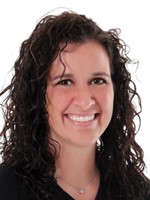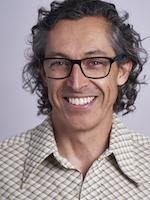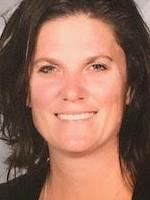Storytelling For Science
,
Colorado Convention Center, 103/5
Presenters
Session description
Purpose & objective
This session reframes learning of science through the lens of digital storytelling—as a way to provide purpose for the scientific method, and as a way for students to articulate their learning to an audience beyond the classroom. By doing so, students leverage passion and curiosity to drive their learning, enhancing motivation, and providing opportunities for civic engagement and to make connections between science literacy and digital literacy. We discuss how to design lessons, how to transform existing lessons, and share case studies and activities to support these ideas. Digital resources provide additional ideas and inspiration.
Outline
Intro (5 min)
What is digital storytelling? (5 min)
Storytelling projects for inquiry & research? (5 min)
Storytelling projects for assessment (5 min)
Case Studies: Sample stories from a variety of subject areas (10 min)
Activity: How to transform a current lesson into a digital storytelling project (15)
Workflow, Tips and Best Practices for the classroom (10 min)
Supporting research
https://cesr.usc.edu/sites/default/files/Knowledge%20in%20Action%20Efficacy%20Study_18feb2021_final.pdf
https://www.scirp.org/(S(czeh2tfqyw2orz553k1w0r45))/journal/paperinformation.aspx?paperid=85496
https://bpspsychub.onlinelibrary.wiley.com/doi/abs/10.1111/joop.12064
Session specifications
Laptop: Mac
Tablet: iOS
Change Agent
- Facilitate equitable use of digital learning tools and content that meet the needs of each learner.
Designer
- Design authentic learning activities that align with content area standards and use digital tools and resources to maximize active, deep learning.
Creative Communicator
- Students communicate complex ideas clearly and effectively by creating or using a variety of digital objects such as visualizations, models or simulations.
 Return
Return Listen and learn: Edtalk
Listen and learn: Edtalk  Trips and Tours
Trips and Tours Recorded Session
Recorded Session

